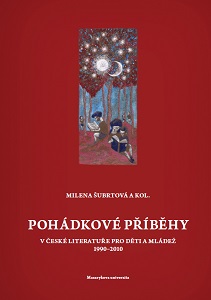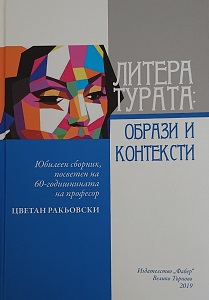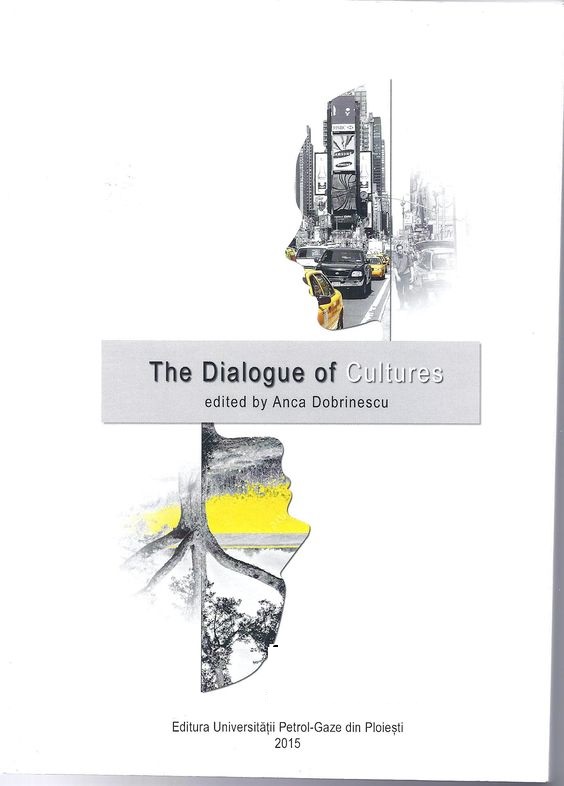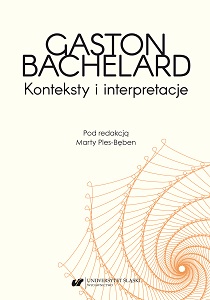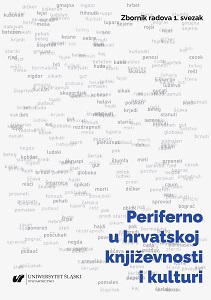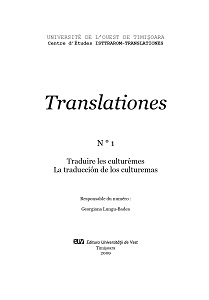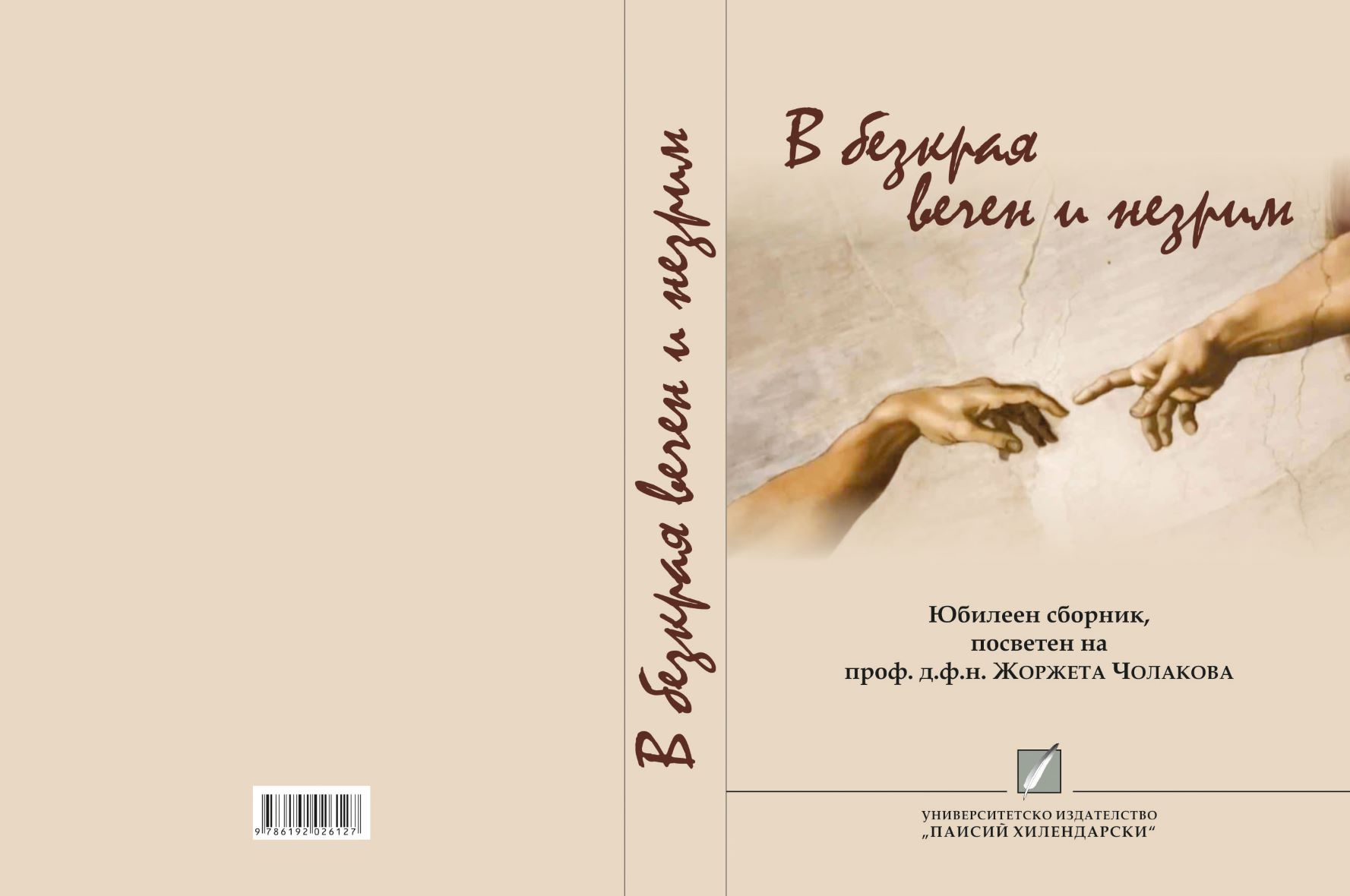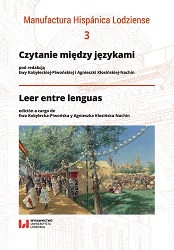
Roberto Bolaño y Witold Gombrowicz: dos rebeldes de las letras
The aim of the present work is to provide examples which are clear illustration of the connection between Polish and Hispanic literature, in this case incarnated by the figures of Roberto Bolaño and Witold Gombrowicz: two writers known for the rebellious nature of their poetics and the urban legend of controversial which was created around their lives. Therefore, the following work proposes the approach to the life and work of both authors with the purpose of indicate relations between them, both literary and biographical, thus prove the connections which exist between Polish and Spanish letters.
More...
